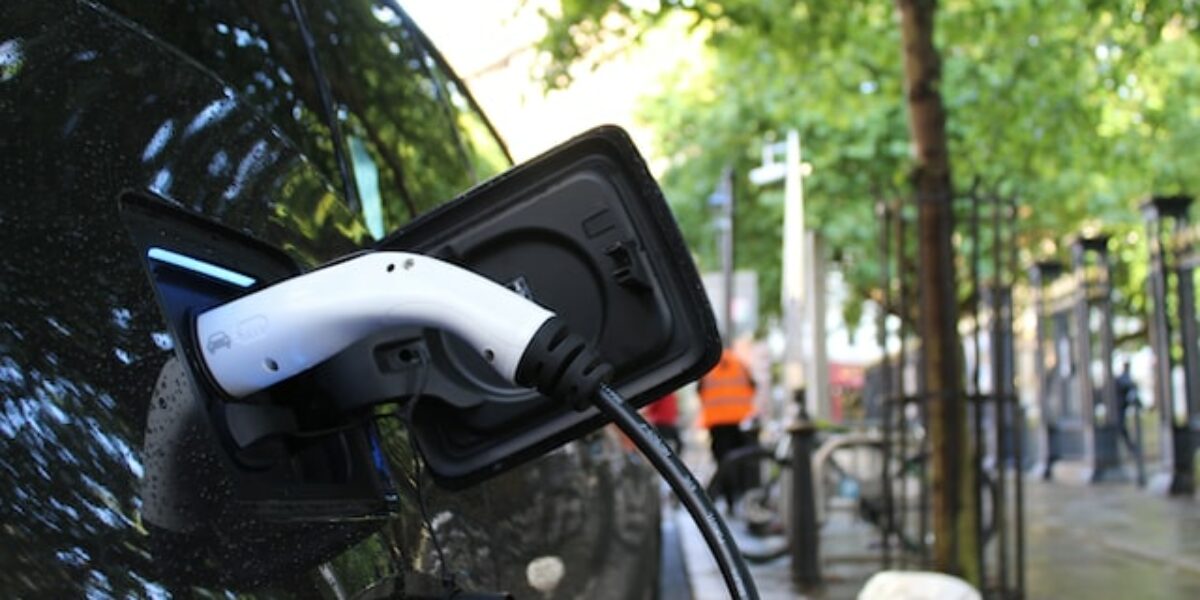Pavement tax
Using on street charging includes a 'pavement tax' says FairCharge
Owners of an Electric Vehicle (EV) without the opportunity to home charge face a ‘pavement tax’.
That’s the conclusion of FairCharge who have calculated that such EV owners without private parking face having to pay up to an additional £227 per year to charge their car, new data from the FairCharge campaign suggests.
The additional ‘pavement tax’ is the result of EV drivers paying four times the rate of VAT (20%) to charge publicly than charging at home (5%), says FairCharge.
Cost of owning crisis
Using Zap-Map utilisation data from August 2022, FairCharge found that the average cost of using a rapid or ultra-rapid charger rose from 44p/kWh in March to 56p/kWh in August. The average cost of charging at a fast or slow charger also rose, from 30p/kWh to 39p/kWh, respectively.
It means that the average cost of EV charging for those with private parking is now £863 per year. This compares to £1,418 for those without.
Unfair tax
This ‘pavement tax’ has risen to £148 per year on average, up from £115 in March. Furthermore, they warn that the gap could be as high as £227. EV drivers without driveways do not have access to low-cost overnight tariffs.
Quentin Willson, founder of FairCharge, describes it as “incredibly concerning”. It is believed that 38% of UK households do not have driveways.
“This outdated VAT legislation is in need of immediate reform,” states Quentin. This will be “hindering growth in EV adoption, investment in charging infrastructure and ultimately, the wider transition to cleaner air and energy security”.
“The EV transition should not come at a cost to those without private parking.”
The current situation is regarded as completely unfair and “undermining” the transition to electric motoring.
“I urge the Government to take the relatively simple, low-cost, step and immediately axe the Pavement Tax.”
One in four feeling flat
Almost four-in-10 households (38%) say they can’t charge an electric vehicle at home. This is because they only have on-street parking or a parking space where they are unable to use a charger. Also, if you rent a property or home, it’s unlikely to have a charge point, probably not affordable or not permissible to do.
It would cost around £37 million to the treasury annually to overturn.
In September, 23 public charge point operators supported this view nd signed an open letter asking the government to change the policy.
Drivers agree
Existing EV drivers also agree.
RAC research shows that just three-in-10 (28%) believe the cost of public charging is fair. Meanwhile, three-quarters (77%) think the rate of VAT at public charge points should be reduced to 5%. This would bring it in line with domestic charging.
Simon Williams, RAC EV spokesperson, says that the Government needs to be encouraging drivers to go electric. He believes it’s “essential to bring the VAT rate at public chargers in line with the 5% that’s levied on electricity at home”. This would “send a very strong message to drivers… switching to an EV is the right choice”.






